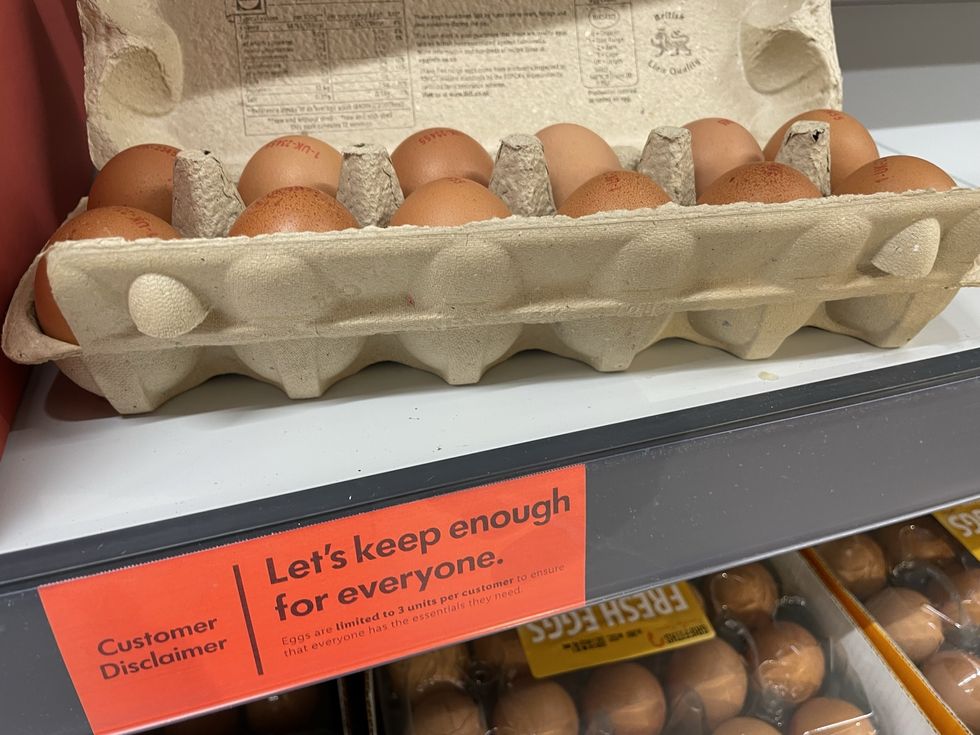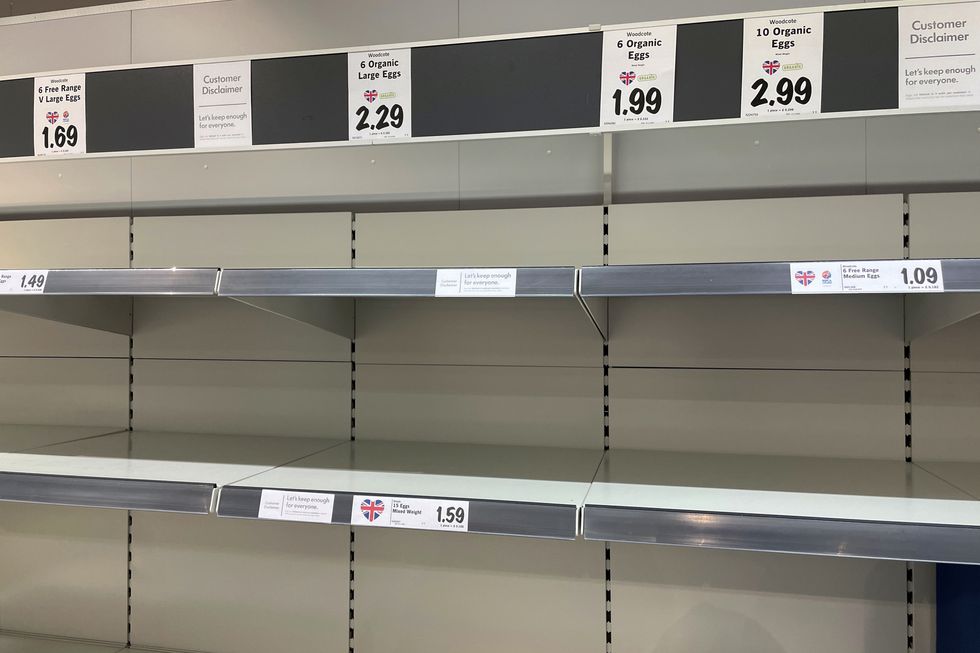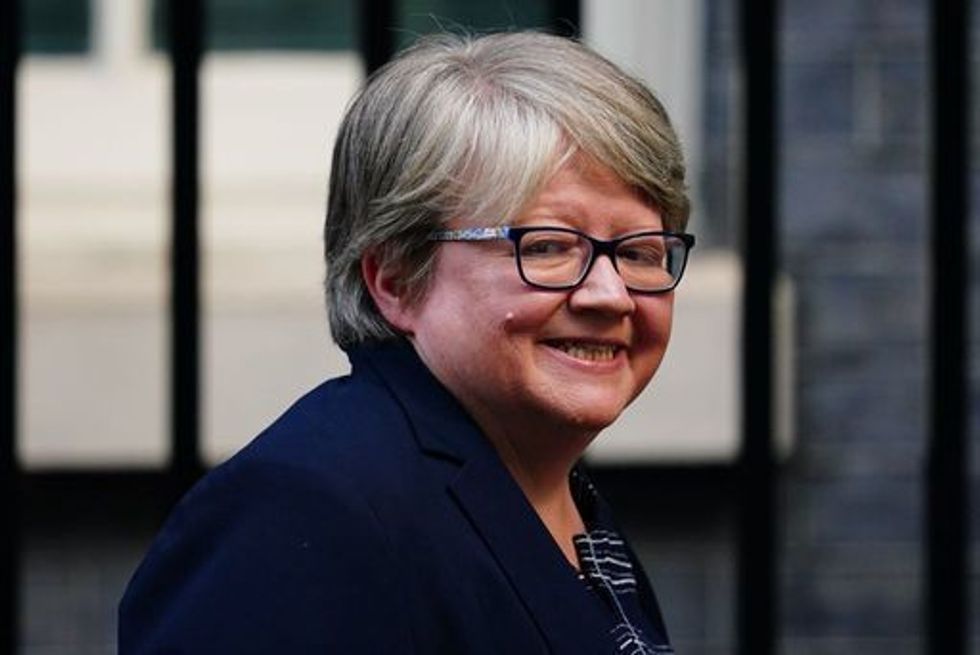Eggs to be RATIONED across UK until spring 2023 - Supermarkets including Tesco, Asda and Lidl taking URGENT action

Asda is limiting customers to two boxes of eggs each and Lidl is restricting customers in some stores to three boxes
Ben Birchall











